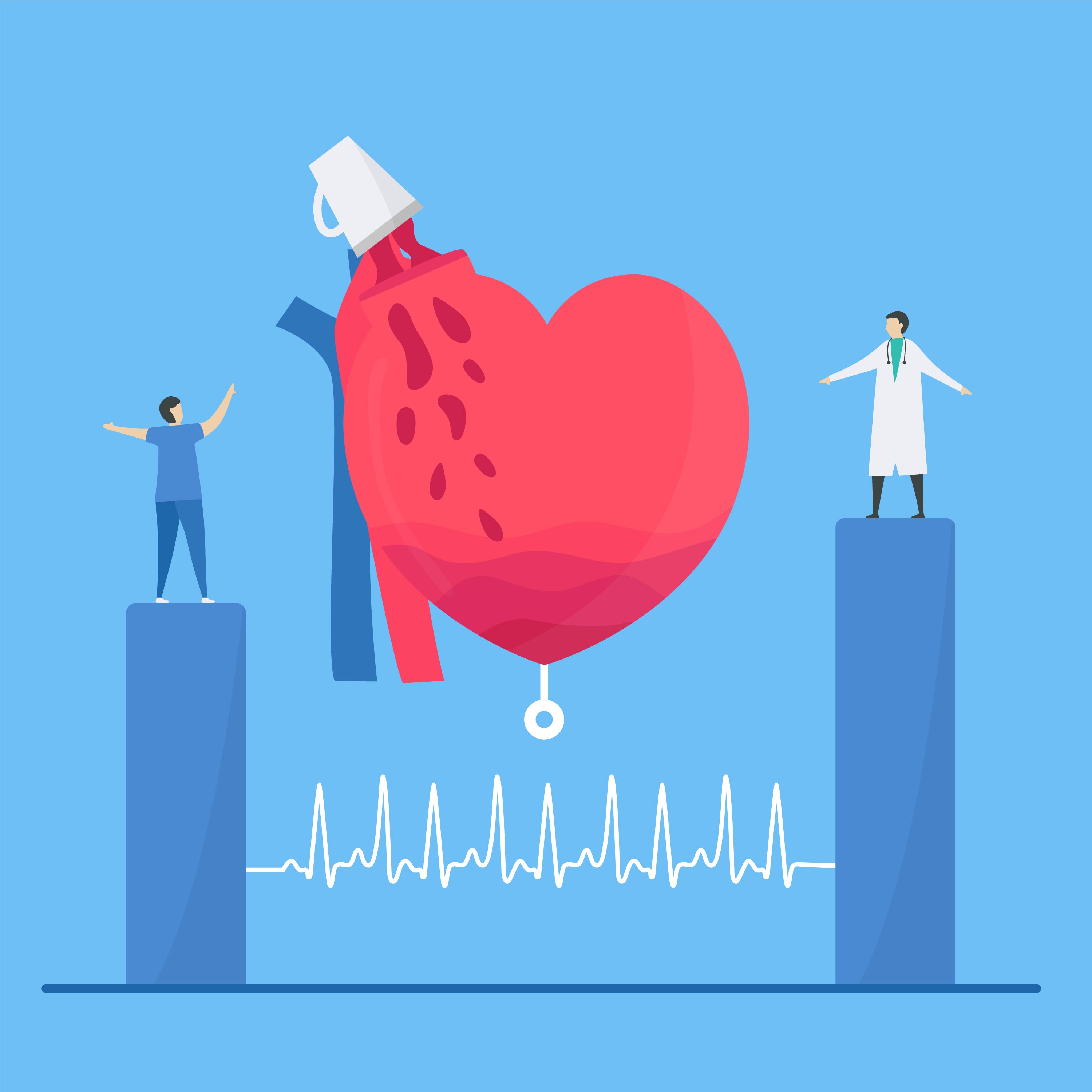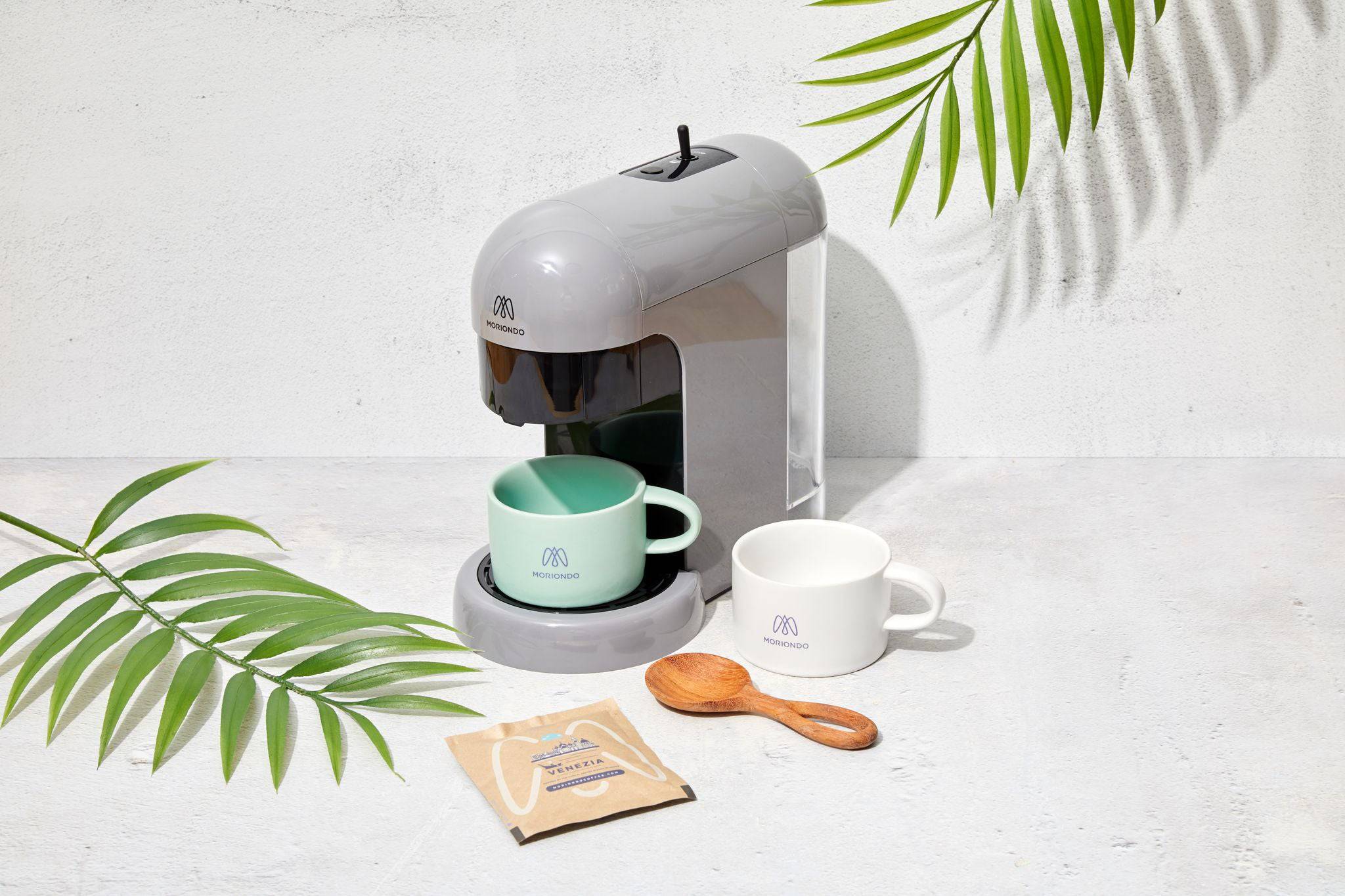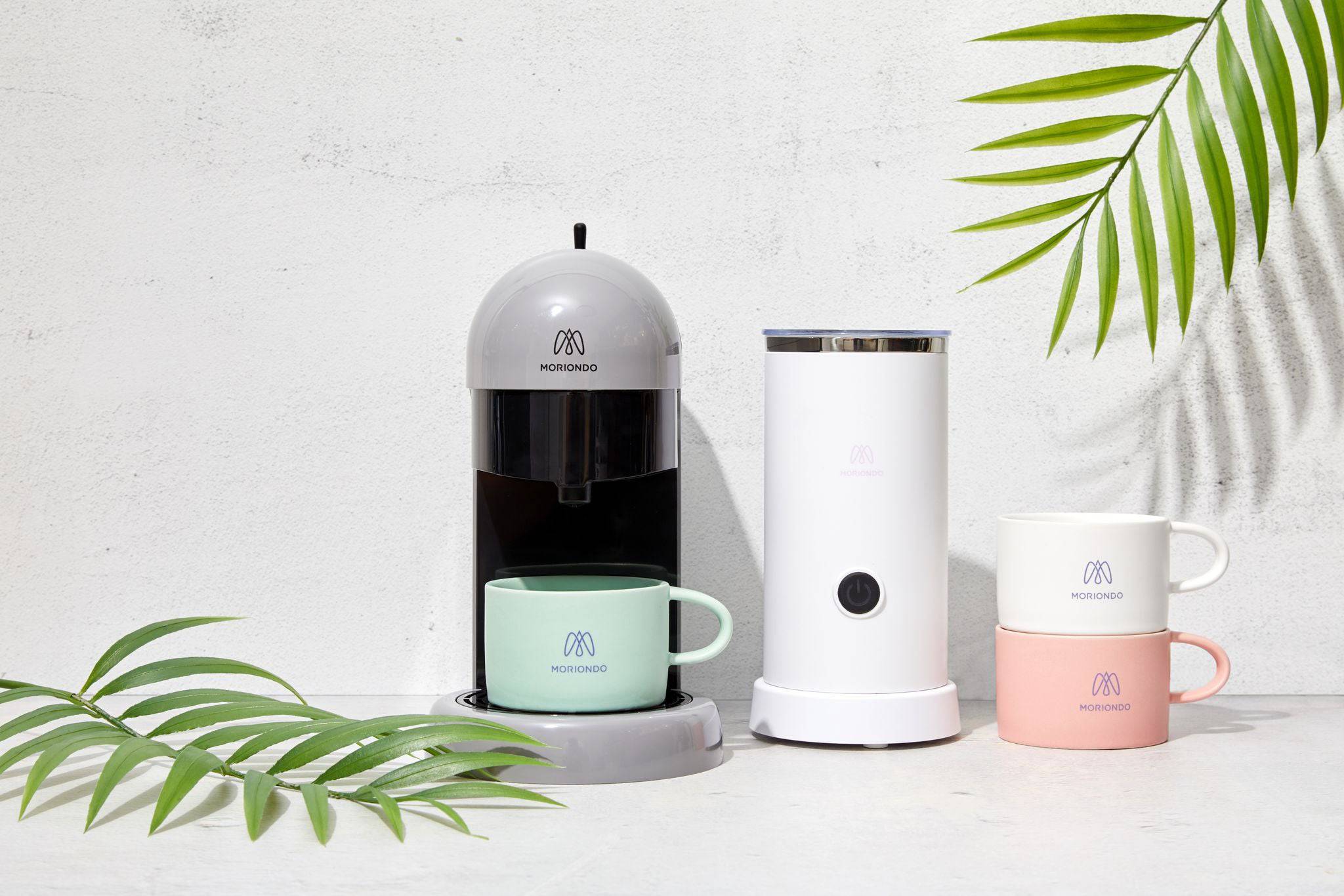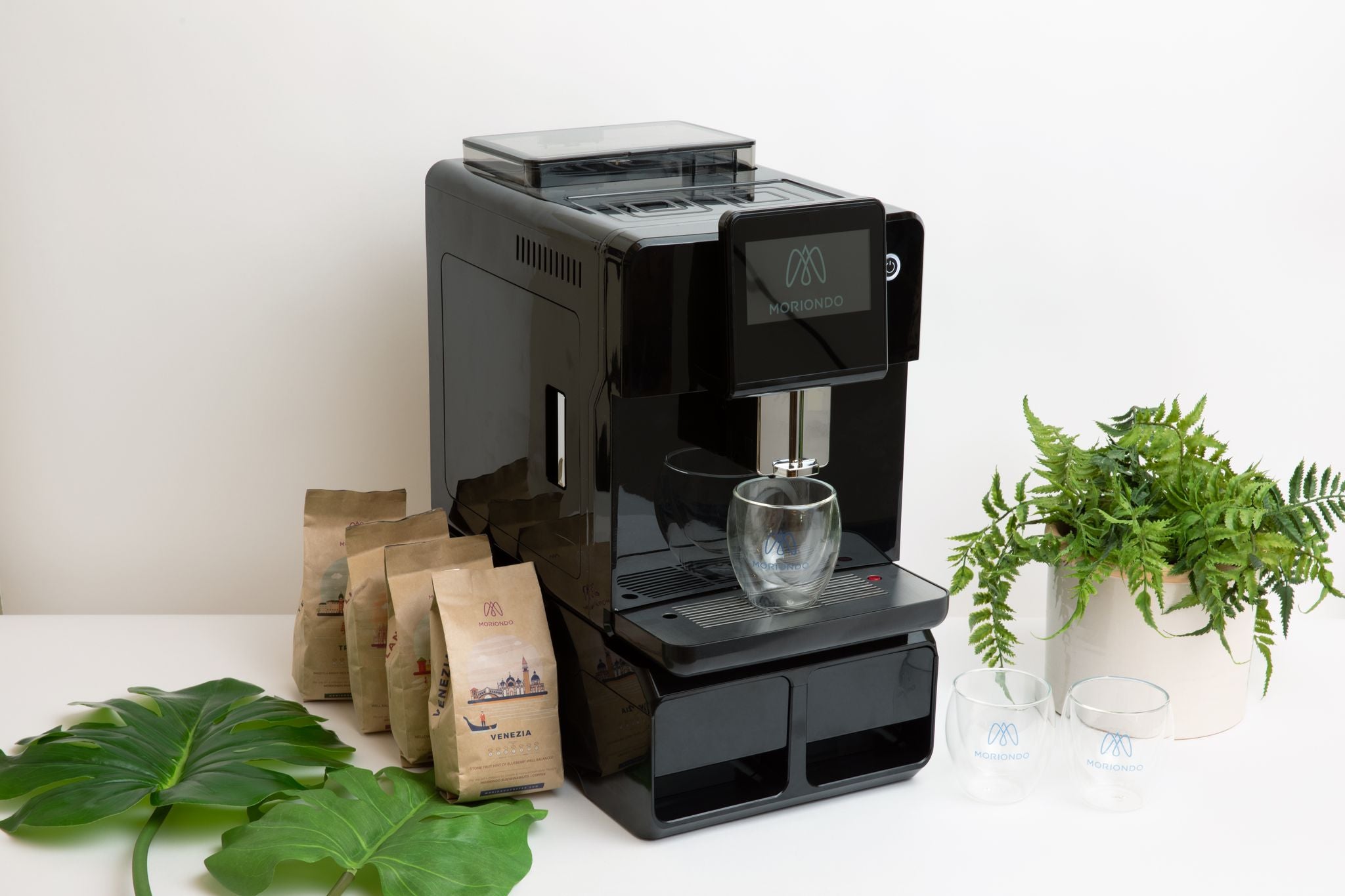Is Coffee Good for Your Heart
When you roll out of bed in a morning and stumble downstairs into your kitchen, still half asleep, what’s the first thing that you do?
For many people, making yourself a cup of instant coffee is the first thing.
Coffee drinking is one of life’s many simple pleasures, and is a great way of waking up, while also getting a tasty beverage inside you. When we think of drinking coffee however, it isn’t just the caffeine and great taste that we should focus on.
Coffee drinking has also been found to provide many health benefits for the human body and is a great way for people to combat issues such as high blood pressure, and various other ailments affecting the heart.
Looking after your heart is essential if you wish to improve your longevity along with your overall quality of life, especially considering heart disease is the biggest killer in the world.
But how does increasing your coffee consumption and drinking coffee help improve cardiovascular health, and is coffee good for your heart? Keep reading for more.
What is the heart?

Your heart is one of the most important organs in your body. it is a muscle and is responsible for pumping blood around the body when it beats.
Blood from the heart is responsible for delivering oxygen and nutrients to the cells in your body. It also shuttles away waste products and carbon dioxide.
Made up of three layers of tissue known as epicardium, myocardium, and endocardium, these layers are surrounded by thin outer lining known as the pericardium. There are also four chambers in the heart, with two on the left and two on the right.
The chambers on the upper levels of the heart are smaller and are known as atria. The two lower chambers of the heart are known as ventricles.
The heart and your circulatory system
The heart is responsible for pumping blood around the body constantly. It pumps roughly 5 litres which is technically known as blood circulation.
Your heart, along with blood vessels and the blood make up your circulatory system. Heart disease, which is the world’s biggest killer, can be caused by poor circulation, or vice versa.
Blood enters the heart on the right hand side which is not oxygenated as the oxygen has been used by the body and the brain.
Blood is then pumped to the lungs where it picks up oxygen and becomes oxygenated.
Finally, blood returns to the heart on the left hand side where, now rich in oxygen, it can now be pumped around the body and be delivered to the brain and cells.
Coffee consumption and heart disease
Heart disease claims more lives each year than any other illness or disease.
Known as coronary heart disease, the condition is sadly very common and very serious, and affects millions of people all over the globe. In the US alone, around 1 in 5 deaths are caused by this condition.
While the condition doesn’t often have visible symptoms, usually you’ll find that it causes blood vessels which supply the heart to become blocked, or narrowed.
This cardiovascular disease can cause chest pains, poor circulation, high blood pressure (hypertension) and can even lead heart attacks or strokes.
If you do not yet drink coffee you may wish to after reading this as drinking coffee on a daily basis has been found to show great promise when it comes to cardiovascular disease, as long as it is consumed in moderation.
Should you drink coffee to protect your heart?
Every single day, close to 3 out of 4 people consume coffee around the globe. When you think of cardiovascular disease, coffee is probably not the first beverage that springs to mind.
Because coffee contains caffeine, which is a very powerful stimulant, it can cause heart palpitations, a racing heart, dangerous heart rhythms, hypertension, and other fairly serious health issues for people suffering with health problems relating to the heart. This is obviously not ideal, yet coffee is hailed for its benefits on heart health, so what’s the deal?
Coffee provides a wide range of health benefits, especially those relating to heart health.
Coffee beans contain hundreds of bioactive compounds such as flavonoids and other plant-based antioxidants which help combat oxidative stress and destroy harmful free radicals that can trigger inflammation.
As well as that, caffeine in coffee can induce lipolysis, thermogenesis, and fat oxidation while also helping to burn fat and block receptors which play a key role in weight gain. As you know, obesity puts you at a greater risk of all manner of heart issues, and caffeine can promote fat loss.
Experts have found that a simple cup of coffee each day or two could provide many health benefits for your heart, prevent heart failure, and much more besides.
How much coffee should you drink to improve heart health?
So, assuming you wish to prevent heart failure, boost heart health, and ward off other issues affecting the cardiovascular system, how much coffee should you drink?
Well, according to health experts, two to three cups of coffee each day is ideal.
Not only is consuming two to three cups of coffee a day associated with a reduced risk of diseases affecting the heart, but also it may promote longevity and reduce the risk of heart failure, or dangerous heart rhythms.
When drinking coffee, does it matter which kind?
The good news for coffee drinkers is the fact that this tasty, brewed beverage is incredibly healthy and beneficial when it comes to your heart. What people are unsure of however, is whether it matters which kind you’re drinking.
We know that drinking two to three cups of coffee a day is the magic number when it comes to protecting your heart and warding off cardiovascular disease, but coffee drinkers are concerned over whether the variety of coffee makes a difference.
Does filtered coffee for example, provide the same benefits as ground coffee? When you drink your cup of coffee, does the variety you’re consuming make a difference? Well, as it turns out, not really.
As long as your coffee is of good quality and is ideally free of milk, cream, and sugar, if you consume it regularly as part of a healthy diet you’ll find that you can ward off abnormal heart rhythms, protect the heart, strengthen it, and improve cardiovascular health.
Does drinking decaf coffee help the heart?
When we talk about the plethora of health benefits associated with drinking coffee, we often focus on caffeine. As beneficial as caffeine can be, too much of this stimulant can be dangerous, which is why decaf coffee is a great alternative.
As far as your heart goes however, does decaf provide the same benefits as regular coffee? Well, yes it does. Experts have found that instant, ground, or decaf are all beneficial for your heart.
Decaffeinated coffee can reduce oxidative stress just like regular coffee and has been found to lower the risk of heart-related health issues, especially in people aged 40 – 69 years of age.
So, if you are not yet consuming coffee on a daily basis, as experts have found coffee drinking to be so beneficial for the heart you may wish to start drinking coffee if you are concerned about your heart.
Good Tasting Coffee: How to Identify Coffee Flavors

In order to appreciate the different types of coffee available, it's important to cultivate an awareness of its unique characteristics. Let's take a look at the way coffee connoisseurs judge different cups of coffee.
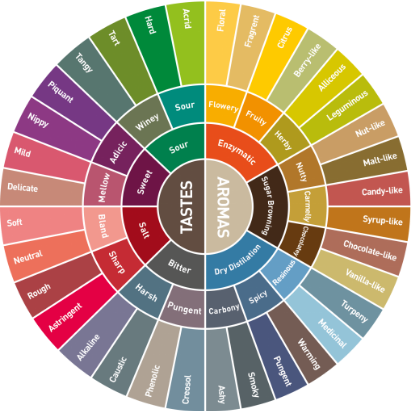
Aroma
The scent of a cup of coffee has a direct influence on how we perceive its flavor. As you drink coffee try to notice if the scent is smoky, fruity, earthy, spicy, nutty or grassy.
Acidity
One of the most defining characteristics of a cup of coffee is its acidity. This is the sharp, bright tangy quality of coffee that perks up our senses. Coffee doesn’t necessarily contain just one type of acid, either. It may contain citric acid, malic acid (fruity in flavor) or even quinic acid from stale coffee, which gives us stomach aches.
Body
This is the weight, thickness and texture of coffee in your mouth. The body of different types of coffee falls on a spectrum of light- to full-bodied viscosity (thin to thick).
Flavor
This is where comparisons come in handy and there is some overlap between aroma and flavor. Your coffee might taste bitter, sweet, savory or sour with common comparisons to chocolate, wine or fruit.
Related Posts




